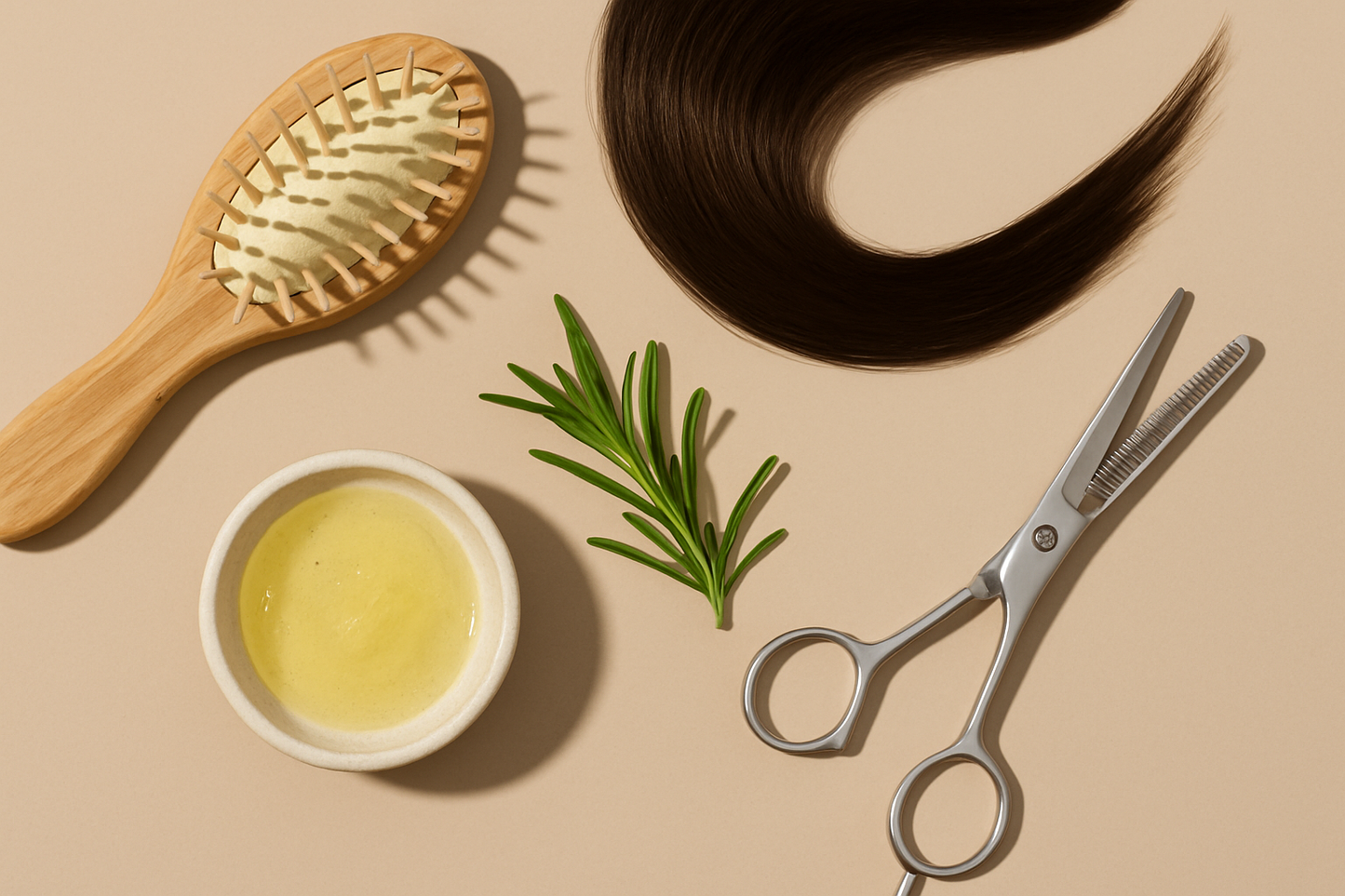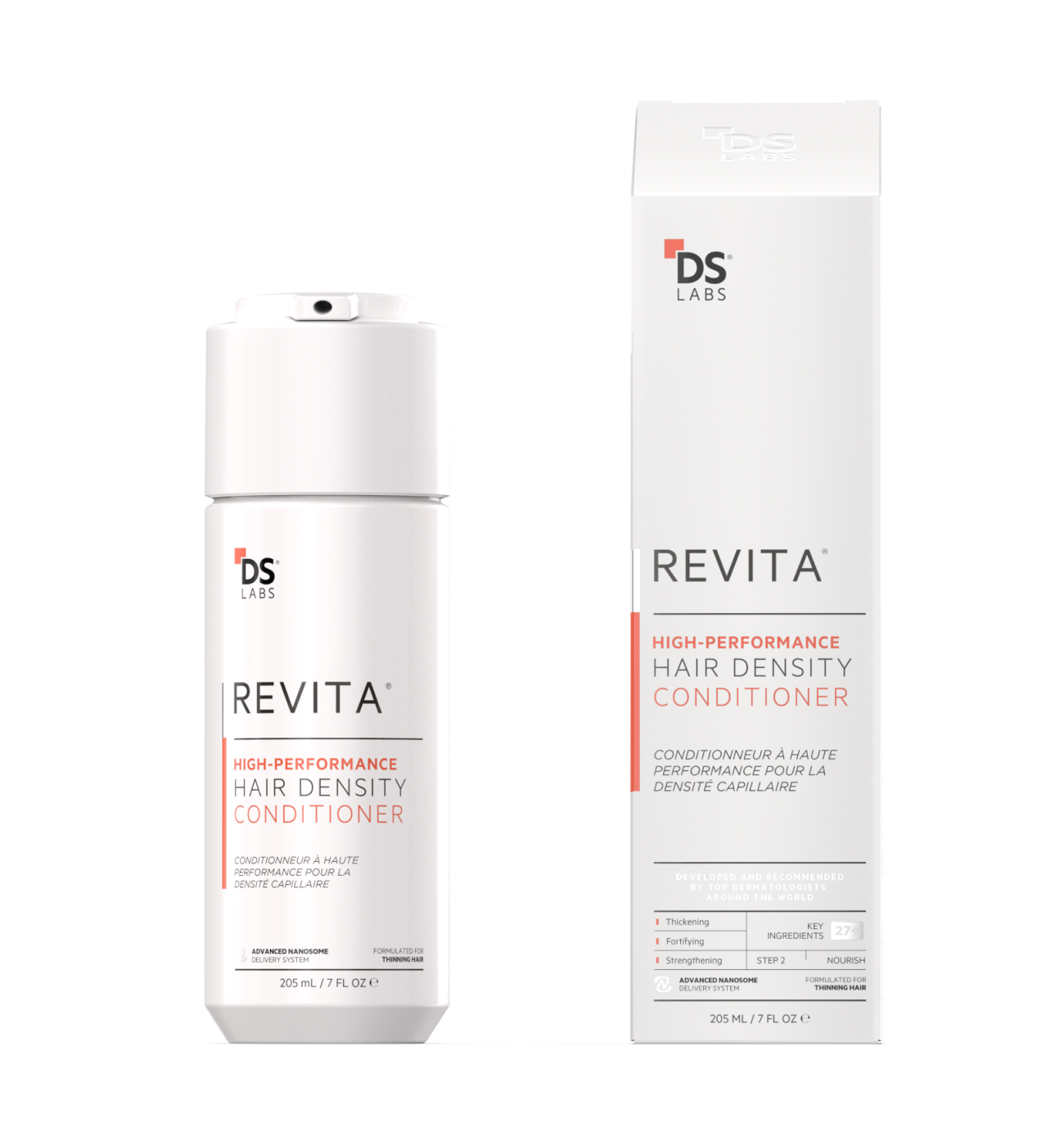Because misinformation is half the problem.
Hair loss can be emotional, frustrating, and—let’s be honest—confusing. With so much advice floating around online (and from friends, family, and even strangers), it’s hard to know what’s real and what’s just…myth.
At DS Laboratories, we believe knowledge is power. So let’s break down some of the most common hair loss myths that need to go away—for good.
Myth #1: Washing your hair too much causes hair loss
The truth:
Washing your hair doesn’t cause hair loss—it just makes the shedding more visible. The average person loses 50–100 hairs a day, many of which come out while shampooing. In fact, keeping the scalp clean can actually support growth by removing buildup and promoting follicle health.
Myth #2: Only men experience genetic hair loss
The truth:
Female pattern hair loss is very real. While it looks different from male hair loss (usually more diffuse thinning rather than receding hairlines), it’s also often caused by genetics and hormonal shifts. Millions of women are affected, especially during menopause.
Myth #3: Cutting your hair makes it grow back thicker
The truth:
Hair is made of keratin—once it grows out of your scalp, it’s technically “dead.” Cutting it doesn’t affect how fast or thick it grows from the root. It may look fuller because of blunt ends, but the growth rate and density are unchanged.
Myth #4: Stress causes permanent hair loss
The truth:
Severe stress can trigger hair loss (usually telogen effluvium), but it’s often temporary. Once the body returns to balance, hair growth usually resumes. Long-term hair loss typically has deeper causes—like hormonal imbalance or genetics.
Myth #5: Hair loss is only a cosmetic issue
The truth:
Hair loss can signal deeper health concerns. Thyroid issues, autoimmune conditions, nutritional deficiencies, or hormonal imbalances can all manifest through thinning or shedding hair. It’s not just about looks—it can be a clue your body is trying to tell you something.
Myth #6: Nothing really works for hair loss
The truth:
That’s outdated thinking. Science has come a long way. From ingredients that target DHT to nanotechnology that enhances absorption, today’s treatments are smarter and more effective than ever—especially when you start early and stay consistent.
Bottom Line:
Don’t let myths keep you from taking control of your hair health. If you’re concerned about hair loss, the best step is getting informed, understanding the root cause, and choosing evidence-based solutions.















